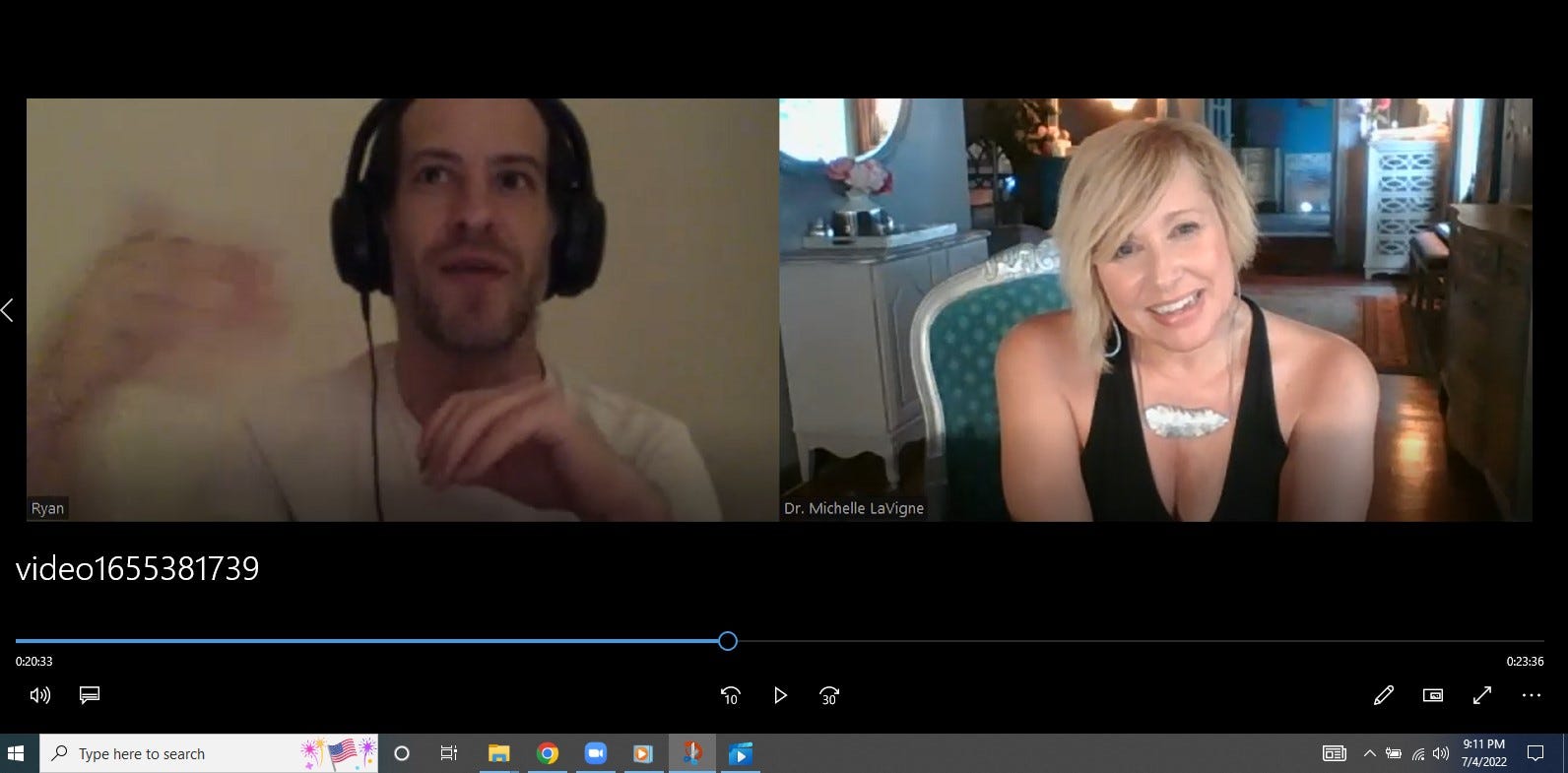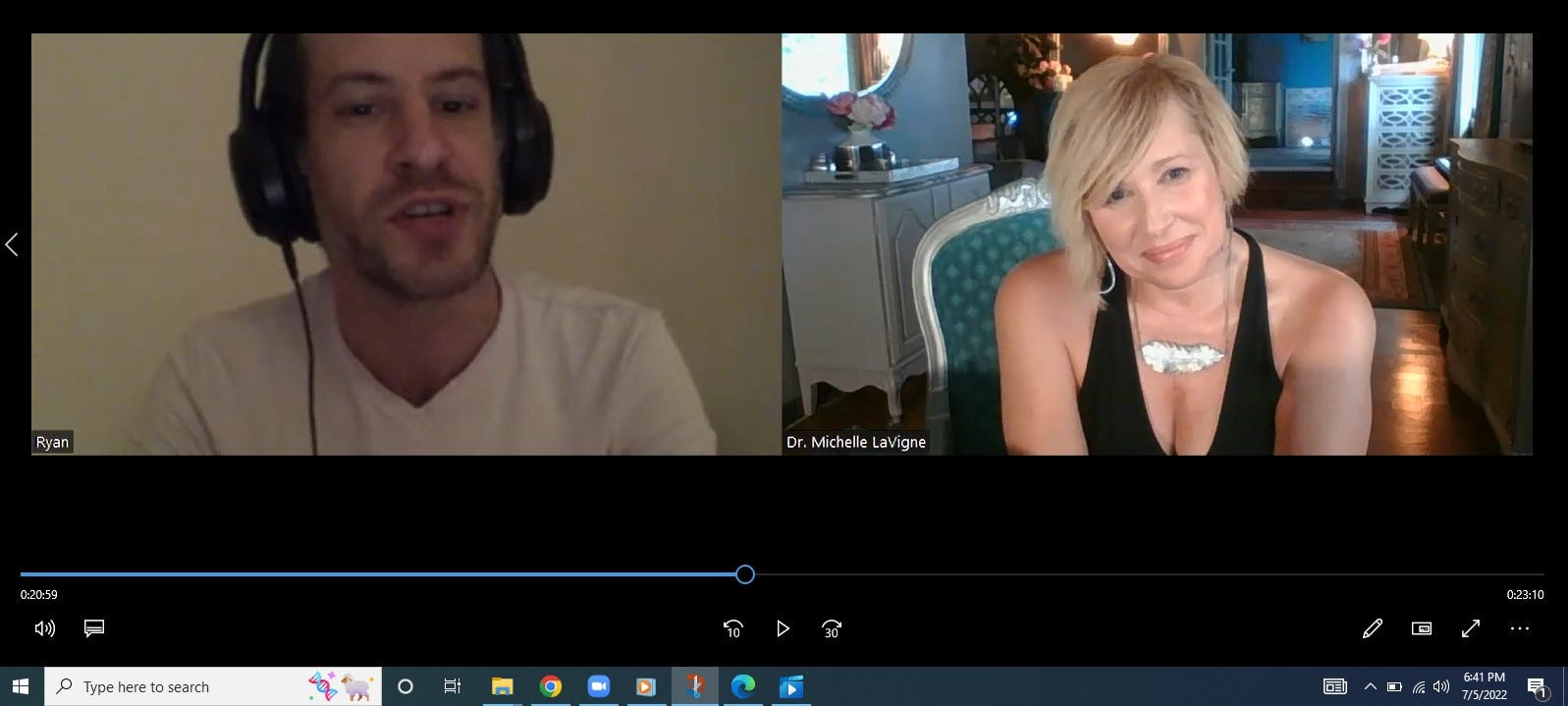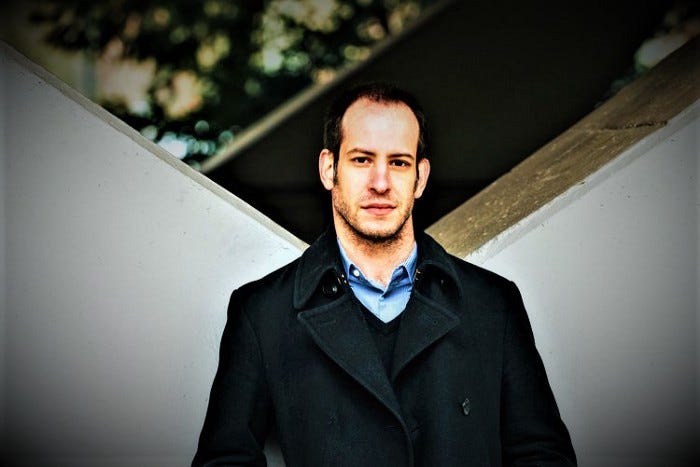Another Conversation with Writer & Critic Ryan Ruby On the Ideal Conditions for Writing

Had the pleasure of interviewing writer and literary critic, Ryan Ruby, last summer and we found a few hours this year to have another transatlantic conversation to discuss the writing life, living in Berlin as an American expat, his recent essays published in The New York Times, Harper’s and The New Left Review and the vital importance of imbibing copious amounts of espresso while writing ~ at least a liter, according to Ryan.
During our previous conversation (linked below) Ryan said how much he enjoyed talking to other writers, and it’s definitely the same for me ~ it’s where the roots come together, where conversation opens up and we discover there is something communal that underlies all the hours of solitude necessary for writing. As Ryan spoke about the practicalities of working on his essays (including the research notebook he uses for each one and the hours spent researching something which might not even end up in the final piece), I wondered about how the mind works when writing, how it works when thinking about writing and when speaking about writing. I would love to see a SPECT scan of a writer’s brain when those things are happening; I wonder which areas would light up in the various modes and how much overlap there would be between brain regions during such activities.
Ryan and I “met” the way people do in the pandemic (and post-pandemic) world: online, on Twitter, to be exact. Despite the geographical distance between us and the fact that we have never met in person, he is someone I feel a deep kinship with as a fellow writer and lover of literature. I think it’s these elective affinities that allow for a connection that transcends miles and time zones, that has no need of shared histories or even of being in the same physical space. Since our conversation last summer, Ryan has been writing rigorous and challenging essays and criticism in The New York Times, The Nation and The New York Review of Books.
His work stays with me long after I have read it and I think I know why. Ryan has a double anointing ~ the mind of a brilliant critic and the writing style of a prose master, both fully evident in his debut novel, “The Zero and the One”. He’s written about Nabokov, fatherhood and Berlin; dissected a recent autobiography of the great German writer, W.G. Sebald; and penned a thoughtful and acerbic critique of Ian McEwan’s new novel, “Lessons”. Ryan’s work unfailingly offers a sophisticated examination of culture and cognition: his inquiry is far-reaching and meticulous, a provocative palimpsests that nimbly traverses territories, eras, and languages in sentences that truly sing.

When he mentions Proust and the mediated experience of reading, immediately I swoon: “I want to know everything. Tell me what you think about Proust.” Ryan smiles through the computer screen from his cozy apartment in Berlin and I know it would take hours and hours to talk about our shared love of Proust, which we don’t really have time for because of his impending writing deadlines and the general busyness of life, but as we speak of “La Recherche” and what it’s like to read it and reread it over the years (Ruby describes this in his Nabokov essay almost as if the book rewrites itself upon each new encounter with the text), I realize that thinking about Proust has an endlessness that is similar to creativity: there is never a fear that creativity will run out. Ever. If we had the time, we could talk for weeks, months and years about Proust. In literature, the writer and his work are subjects that are limitless in the way that studying any great work of art is limitless; each insight gives way to a multiplicity of others, following lines of thought that are often nuanced and discursive.
As someone who is incredibly curious about the creative process, I asked Ryan what his ideal working conditions would be and was intrigued to find out that he works best in the wee small hours of the morning, describing them as his preferred writing and thinking time; it’s when his apartment in Berlin is quiet and his partner and their son are asleep, a time when distractions are kept at bay. When we spoke last summer, he said “My ideal writing hours are between eleven in the evening and four in the morning, especially during late autumn, early winter. There is the unbroken stillness and silence, of course, but also the quality of artificial light against the darkness outside and the crisp, cool temperature, which for me is the least inhibitive of the sustained attention necessary to get sentences on the page.” To make up for the late nights writing and researching, he usually gets up around 10:30 in the morning which puts him in good company: right between James Joyce, who rose at 10 a.m., and F. Scott Fitzgerald who liked to get up at at 11, which is as close to winning the genetic lottery for literary brilliance as anyone could hope for.

Of his physical regimen, Ryan admits he would never offer health advice to anyone (“It would be immoral” he says, without irony). Ever a night owl, his chronotype provides him with the stillness and solitude necessary to do deep work in the midst of family life. And with a cup of espresso always at the ready, he might be the possessor of another biological boon: the fast metabolizing version of the CYP1A2 gene which processes caffeine in the body ~ a nod to the java jugging granddaddy of literature, Honoré de Balzac, who reportedly drank 50 cups of coffee a day.
Most writers have a kind of rhythm in their daily writing routine and Ryan speaks fondly of punctuating his writing sessions with cigarette breaks, steaming cups of coffee, and the necessity of working at a time when most of the world is asleep; when deep work is most fruitful for him. It may sound like a cinematic version of an American expat writer abroad, but it is exactly the life that Ruby was dreaming about years ago, as a teenager coming of age in Los Angeles.
His oeuvre is immense ~ he has written a novel, poetry, essays and much criticism of late, and what’s clear from talking to Ryan is that when he is away from his desk, his mind is still very much focused on whatever he is working on at the time. When we speak, I am aware of being the the presence of a great mind: he is cerebral, articulate and passionate about literature and the arts, philosophy and politics. A scroll through his Twitter feed will offer the wit and wisdom of a writer and critic in his prime ~ engaged, provocative, amusing, often irreverent and phenomenally well-read. As always, it was a pleasure to connect with Ryan across the miles.

My previous conversation with Ryan ~ https://lavigne-dr.medium.com/in-conversation-with-writer-ryan-ruby-472cd7c0c58e
Ryan’s essay on Nabokov, fatherhood & Berlin at Harper’s Magazinehttps://harpers.org/archive/2022/11/halensee-a-fathers-guide-to-nabokovs-berlin/
You can find Ryan Ruby on Twitter @_ryanruby_
and more info here : http://www.ryanruby.info/fiction

